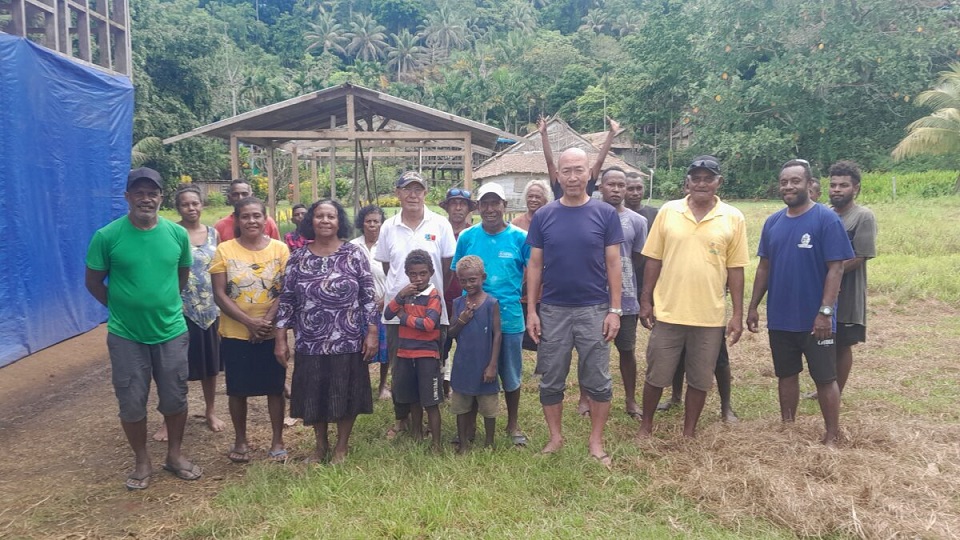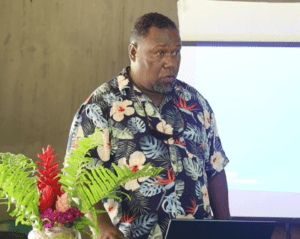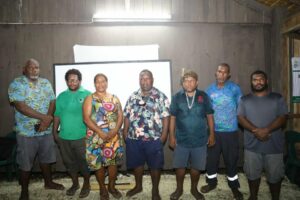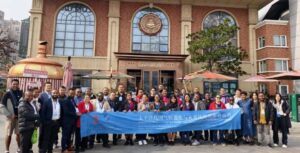The Sustainable Forest Resource Management (SFRM) model that was piloted under collaboration between the Ministry of Forestry and Research together with JICA under the auspices of Sustainable Forest Resource Management Project is extending its reach to Jignale community in Isabel Province.
The first two piloted communities are Falake Community on Malaita and Kumoniboli Community on Guadalcanal provinces respectively.
These two piloted communities have since took off on their own with all the activities without further support from the SFRM Project with only exception of continous guidance on technical advices at a very minimum scale.
Jignale Community was selected under its initial application for timber milling under Pilia Milling Program; with support from the Japanese Embassy whom distributed sixty- seven (67) lucas mill in 2024 through the Timber Utilization Division within the Ministry of Forestry and Research.
And as one of the successful applicants from Isabel Province, Pilia Milling is currently milling timbers on Sivoli Sega Tribal Land, in Bugotu District.
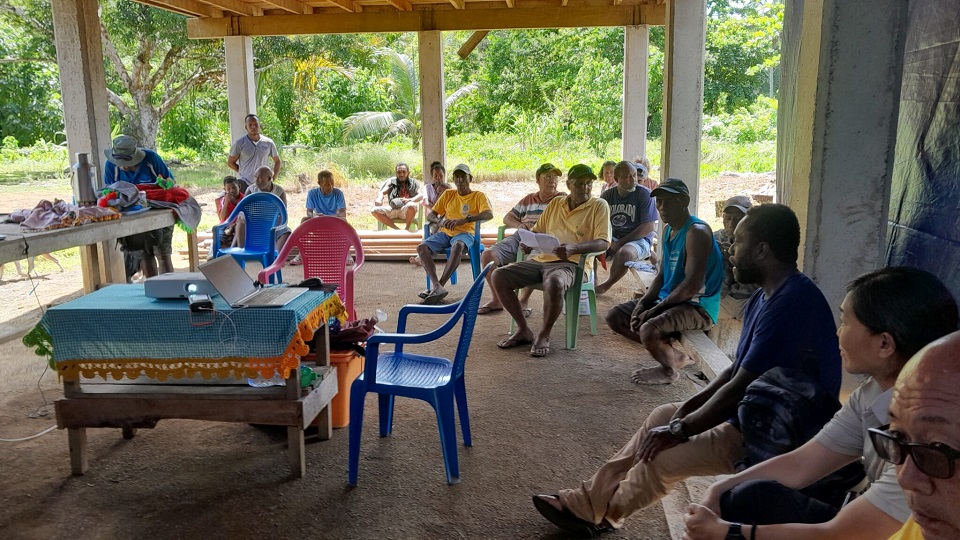
With an initial assessment carried out by JICA SFRM Advisory Project according to its selection criteria, it identified Pilia Milling Program to be suitable and potential to be a SFRM pilot site amongst the 5 successful recipients from Isabel Province.
This followed suit with a Free Prior Informed Consent (FPIC) process, allowing the JICA SFRM Advisory project team to visit Pilia Milling program and facilitated MOFR and Sustainable Forest Resources Management (SFRM) awareness training and consultation at Jignale Community from 25th to 29th August 2025.
Whilst this is an initial stage of the whole process, anticipation for continous cooperation with the Jignale Community will continue into the future in pursuance of relevant requirements of the SFRM model to be fully realized in this newly identified pilot site.
SFRM Project Coordinator Dr Nishikawa Tatsuji says SFRM model’s expansion is JICA’s wish since the program’s inception in 2017.
“To expand the SFRM model with its activities nationwide in Solomon Islands, is something we always wanted. Thus, we are indeed grateful for Jignale community whom has raised their hands and accept the SFRM model.”
SFRM local consultation, Mr Hillary Wemani also stresses the uniqueness of the SFRM model noting its approach to blending into local communities’ context as something proven effective.
“The SFRM model is unique, and fits well with our local communities and tribal groups including its members.
“With the much anticipation of development goals awaiting, this can be achieved through capacity building and effective participation of our communities and tribal groups with its members; by harnessing sustainability of their resources and effective resource management.”
Source: MoFR Press

